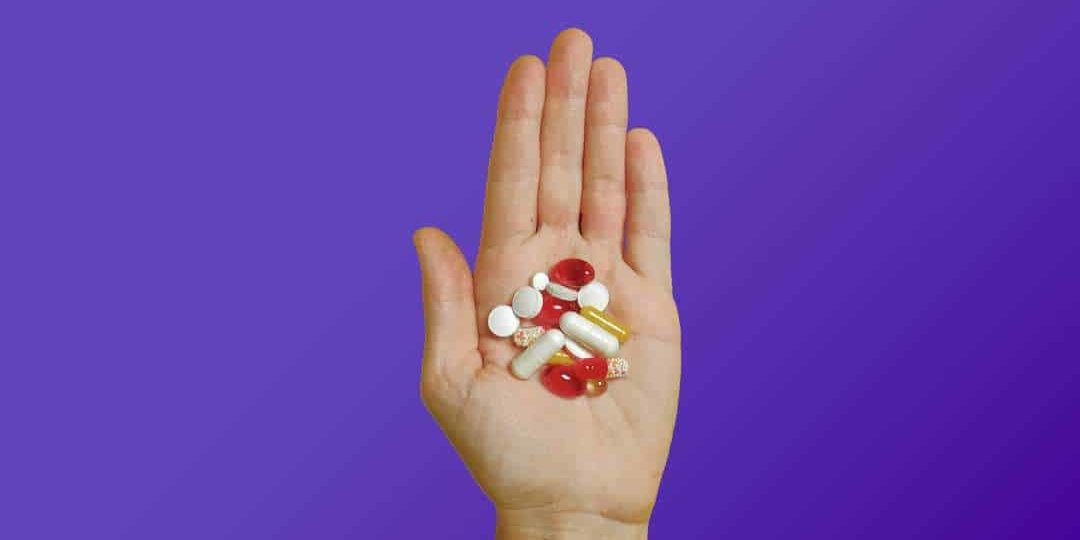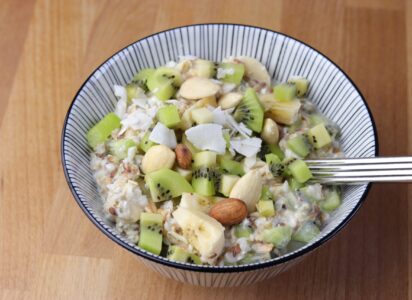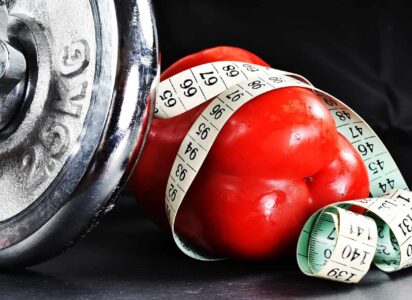Do you take any vitamins? Whether you require vitamin supplementation or not is largely dependent on your diet and lifestyle. The more dietary requirements you have, the more likely that supplementation will be required. Because the list of possible supplements and their reasoning can be quite extensive, Fresh Fitness Food has listed the most common supplement recommendations to take, and why.
The information here is not designed to be a one size fits all guide and should not be used to treat or diagnose your own experiences. As always, you should make sure to consult a GP if you have any concerns or before taking any new supplements.
Vitamin D
Vitamin D is a supplement that everyone in the UK should be taking, at least from early October until early April. It can be sourced from some foods, such as oily fish, egg yolks, and red meat. However, our primary source comes from the sun, meaning it is mostly derived from sunlight exposure on the skin.
In the colder months, not only do we tend to cover up more, but the days are also shorter. This means we just don’t get enough sun, and therefore far less vitamin D than in the warmer months.
10 µg of vitamin D supplementation is recommended for the autumn and winter months. This applies even if you’re consuming foods that contain vitamin D.
Plant-based diets
Omega-3
There are three types of omega-3 fats;
- Alpha Linoleic Acid (ALA): found in plant-based foods, such as nuts and seeds
- Docosahexaenoic Acid (DHA): predominantly found in algae and seafood
- Eicosapentaenoic Acid (EPA): found in seafood, mostly in oily fish like salmon, mackerel and sardines
There is no formally established nutrient reference value for omega-3 at the moment. The Scientific Advisory Committee on Nutrition (SACN) recommends two servings of fish per week, with at least one serving being oily fish.
While omega-3 can be derived from plant-based sources, it is in much more sufficient quantities in fish. Therefore, if you are vegetarian or vegan, or do not eat fish, it may be beneficial to take an omega-3 supplement, to ensure that your cognitive performance is as good as it can be.
Vitamin B12
Vitamin B12 is important in maintaining a healthy nervous system. It also aids in the formation of red blood cells and DNA.
However, it can only be sourced from animal-based foods, such as meat, fish, eggs, dairy, and occasionally fortified foods, such as cereal and milk alternatives. This makes it difficult for those that are plant-based, particularly vegan, to receive a sufficient B12 intake. Supplementation of around 1.5 µg is often recommended.
Those aged over 50 can also benefit from a B12 supplement, as our ability to store the vitamin diminishes over time.
Iron
If you are concerned about your iron levels, it is always best to get this checked by your GP. They can offer blood tests to check your iron levels to ensure you are obtaining enough through your diet, otherwise they may suggest supplementation.
Good sources of plant-based iron include pulses (such as beans, lentils and peas), nuts, dried fruit, dark-green vegetables and wholegrains. Men need around 8.7mg of iron per day, whereas women need around 14.8mg per day until they reach the age of 50, when their requirement reduces to 8.7mg per day.
Calcium
Calcium is known by most to help maintain strong bones, and a great source of calcium is from dairy products. If you do not eat dairy products, or are vegan, it is important to ensure you are receiving enough calcium from other food sources. For example, fortified plant milks, sesame seeds, pulses, almonds, leafy green vegetables (except spinach), and wholemeal and white bread.
Otherwise, it may be helpful to supplement with 700mg of calcium each day.
The body additionally needs vitamin D to help absorb calcium, so it’s important to ensure you’re consuming enough of both to stay healthy!
Zinc
Zinc is extremely important for protein and DNA synthesis, wound healing, cell division, and general immune function. Zinc is another mineral that is mostly found in animal products, although lower levels can be found in whole grains, legumes, nuts, and seeds. The nutrient reference value for zinc is 10 mg per day.
Once again, because the foods that are richest in zinc are derived from animal products, vegetarians and vegans, or those that do not eat much meat, or shellfish, may benefit from a zinc supplement.
Additionally, those that drink alcohol, or have been diagnosed with diseases such as sickle cell anaemia or gastrointestinal diseases, may require a higher intake than healthy people, or those who consume meat.
Find out more about Fresh Fitness Food here. Voted the UK’s #1 meal delivery service, AFUK members can get £65 off their first order.






